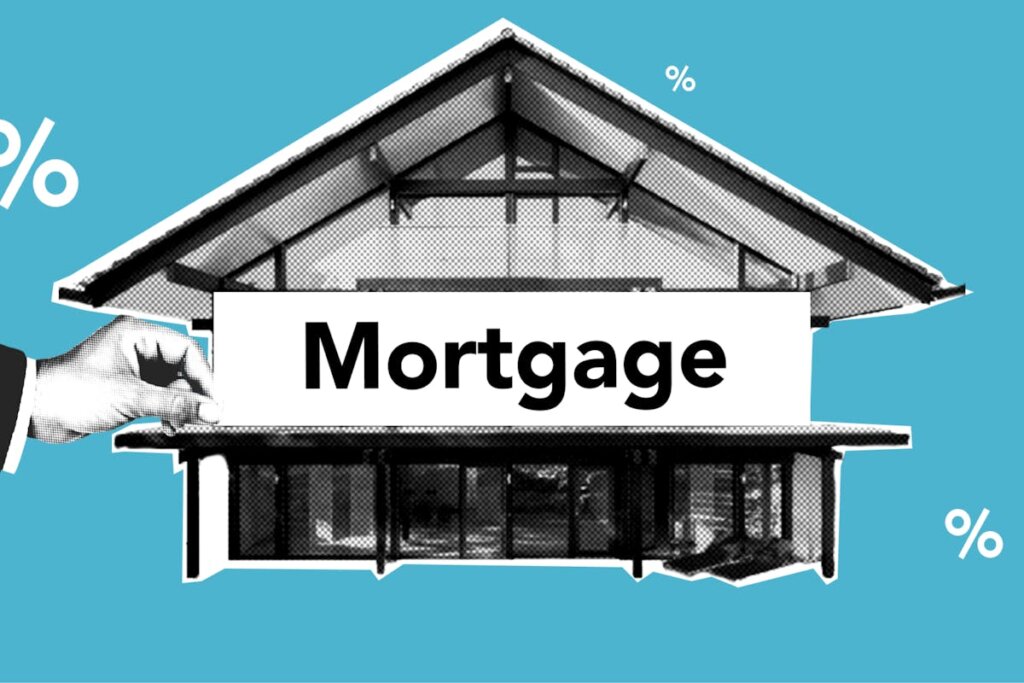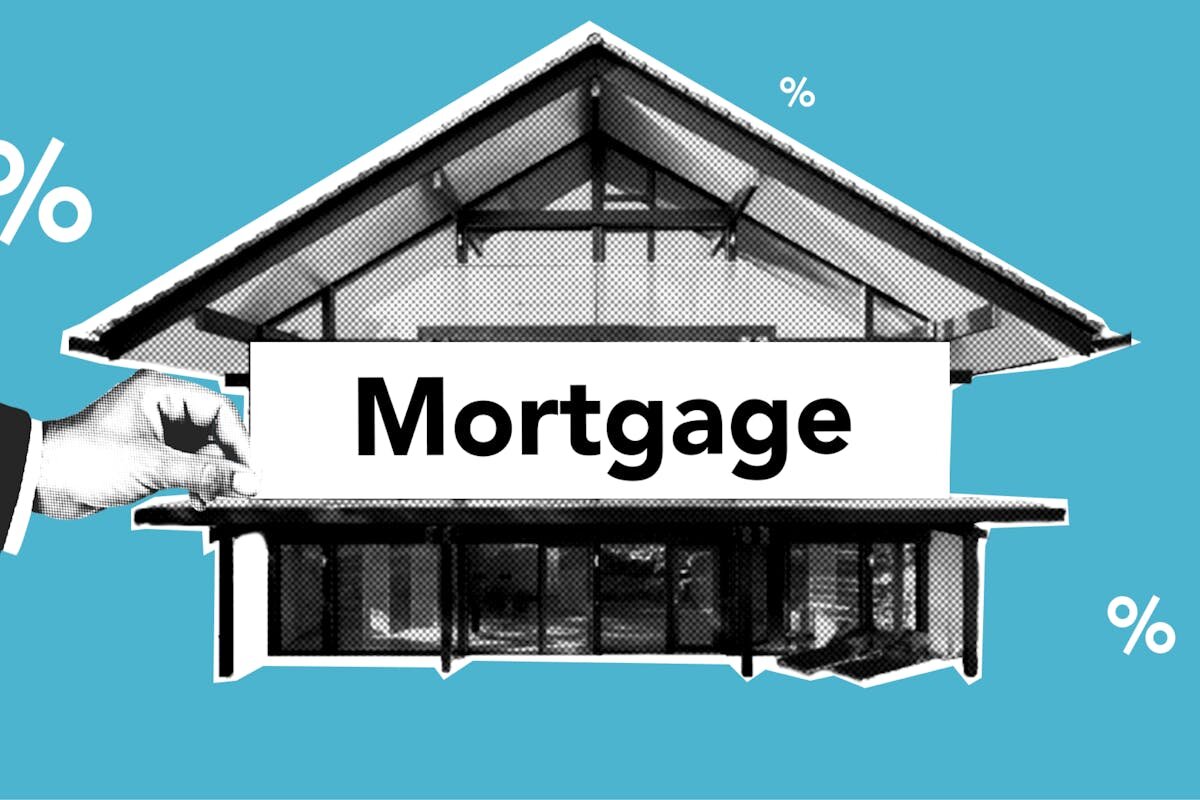
In the fast-moving world of real estate, making an offer on a property is a major commitment. But what if the house has major issues? Or your financing doesn’t come through? That’s where real estate contingencies come in. These are specific conditions written into your offer that allow you to walk away or renegotiate the deal without losing your deposit if certain events occur.
Including contingencies when buying a house isn’t just smart—it’s essential. They protect your interests, help avoid costly surprises, and provide legal grounds to exit the deal if necessary. Whether you’re a first-time buyer or seasoned investor, understanding how to use offer contingencies in real estate is one of the most effective ways to protect yourself.
What Are Real Estate Contingencies?
In a home purchase agreement, a contingency is a clause that makes the sale dependent on certain conditions being met. If those conditions aren’t met, the buyer can typically cancel the contract without penalty. These contract clauses in real estate act like safety nets, giving you room to conduct inspections, secure financing, and ensure the home’s value matches the price.
Think of contingencies as your legal “escape hatches” that let you back out of a deal under specific circumstances. Sellers may also add contingencies, but they’re more common and critical from the buyer’s perspective.
The Most Common Contingencies in Real Estate Contracts
While there are many types of contingencies, some are more widely used in Connecticut real estate transactions. Here are the most important ones:
Home Inspection Contingency
This is one of the most vital home buying contingencies. It gives you the right to hire a licensed home inspector to evaluate the property’s condition. If serious defects are found—like mold, structural damage, or outdated electrical systems—you can negotiate for repairs, ask for a credit, or walk away from the deal entirely.
In hot markets, some buyers are tempted to waive this contingency to make their offers more attractive. But doing so means accepting the risk of hidden problems, which can cost you thousands after the sale closes.
Financing (or Mortgage) Contingency
Unless you’re paying all cash, you’ll need time to secure a mortgage. The financing contingency protects you if you’re unable to obtain a loan. If your lender doesn’t approve your loan by a certain date, this clause allows you to back out and get your earnest money deposit refunded.
This is especially useful in markets where interest rates fluctuate rapidly or if your financial situation changes unexpectedly during the approval process.
Appraisal Contingency
When you buy a home using a mortgage, the lender will require a third-party appraisal to confirm the property’s market value. If the appraisal comes in lower than the agreed sale price, your lender may not approve the full loan amount.
This contingency allows you to renegotiate the price or cancel the contract if the home doesn’t appraise at or above the sale price. In competitive bidding wars, appraisal contingencies are sometimes waived—but doing so leaves you responsible for covering any shortfall out of pocket.
Title Contingency
This contingency protects you from issues related to ownership of the property. It ensures that the seller has a clean title—free of liens, disputes, or legal claims. If the title report uncovers unresolved issues, you can cancel the deal or request the seller to resolve them before closing.
Sale of Current Home Contingency
For buyers who need to sell their existing home before buying a new one, this contingency offers critical protection. It states that the purchase of the new property is contingent on the successful sale of your current one. Without this clause, you could end up owning two homes—or worse, defaulting on one.
How Contingencies Protect Your Earnest Money Deposit
When making an offer on a home, you’ll typically include an earnest money deposit—usually 1% to 3% of the purchase price. This shows the seller you’re serious. But if you back out of the deal without valid grounds, you risk losing this money.
That’s where real estate contingencies are your best defense. They provide legally valid reasons to exit the contract while protecting your deposit. If one of your contingency conditions isn’t met and you decide to walk away, your earnest money is usually returned.
Without these clauses, you could be locked into a sale or face legal consequences for backing out.
When to Waive Contingencies—and When Not To
In a seller’s market, you may feel pressure to waive some contingencies to make your offer more appealing. But before doing that, carefully assess the risks. Waiving the inspection or appraisal clause can speed up the deal but also exposes you to unforeseen costs and liabilities.
Here’s when waiving might be acceptable:
- You’re buying new construction with a builder’s warranty
- You’re an experienced investor who plans to gut-renovate anyway
- You’re competing with multiple offers and fully understand the property’s condition
However, for most buyers—especially first-timers—waiving contingencies should be a last resort. It’s smarter to make a strong, clean offer without removing key protections.
Crafting the Right Contingencies for Your Offer
To use contingencies effectively, work with a knowledgeable real estate agent or attorney who understands the Connecticut market. They’ll help you determine which clauses are essential and how to word them properly.
Every situation is unique. For example, a home near the shoreline may require an environmental inspection contingency, while a condo might need a contingency for reviewing HOA documents.
The goal is to strike a balance—protect your interests without making your offer so restrictive that it turns off sellers.
Final Thoughts: Contingencies Are Your Safety Net
Real estate contingencies aren’t just legal technicalities—they’re your strongest form of protection when buying a home. Whether you’re worried about hidden issues, loan delays, or title complications, having the right offer contingencies in real estate gives you peace of mind and legal control.
In the Connecticut market, where prices can fluctuate and properties move quickly, being strategic with your contingencies ensures you won’t end up in a deal you’ll regret.
If you’re buying or selling in Connecticut and want a simplified, no-contingency transaction, consider working with Neighbor Joe. We make fast, fair cash offers on homes in any condition—no inspections, appraisals, or delays. Contact us today to learn more.

